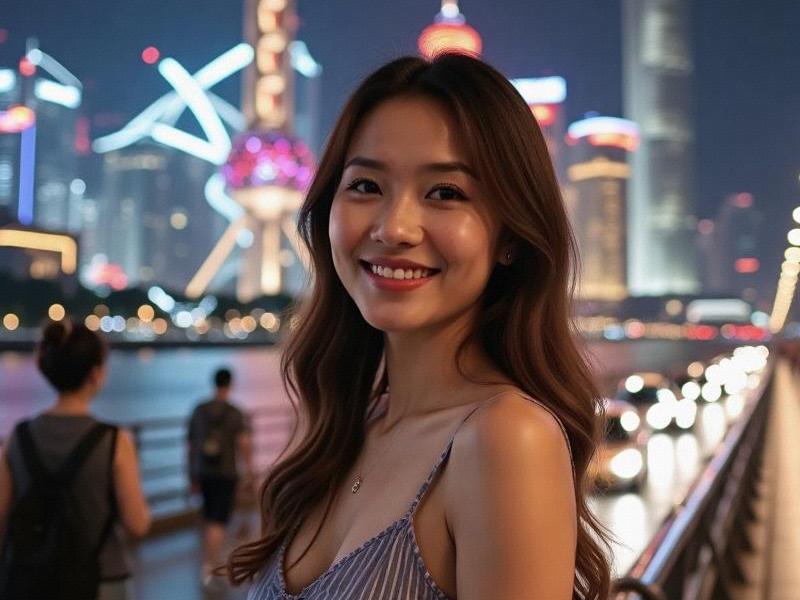
Section 1: Historical Foundations
The evolution of Shanghai femininity:
- 1920s "Modern Girls" blending qipao with Western flapper styles
- Socialist era (1949-1978) gender-neutral workwear dominance
- Post-reform era resurgence of fashion consciousness
- Digital age hybridity of Eastern and Western aesthetics
Section 2: Economic Powerhouses
2024 statistical portrait:
- 71% hold university degrees (city average: 54%)
- 39% in C-suite or entrepreneurial positions
爱上海同城419 - ¥62 billion annual beauty/skincare market
- 47% higher disposable income than national average
Section 3: Cultural Contradictions
The Shanghai woman paradox:
- Praised for sophistication yet criticized for "Westernization"
- Career ambition vs traditional family expectations
- Global fashion trends vs Guo Chao (national trend) revival
- Cosmopolitan identity with strong local roots
Section 4: Industry Disruptions
上海龙凤419官网 Beauty market innovations:
- AI-powered skincare diagnostics
- TCM-inspired cosmetic formulations
- Sustainable luxury fashion collectives
- Digital avatar styling services
Section 5: Generational Shifts
Oral history excerpts:
- Grandmother (b.1952): "Our beauty was in our work ethic"
- Mother (b.1978): "We coveted Japanese fashion magazines"
上海龙凤419体验 - Daughter (b.1995): "Now we define our own standards"
Future Projections
Emerging trends:
- "Quiet luxury" replacing conspicuous consumption
- Professional success as new status symbol
- Rejection of excessive photo editing
- Traditional craftsmanship in modern contexts
As sociologist Dr. Liang Wei concludes: "The Shanghai woman isn't becoming Westernized—she's pioneering a new global archetype that redefines femininity on her own terms."
